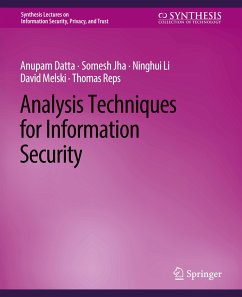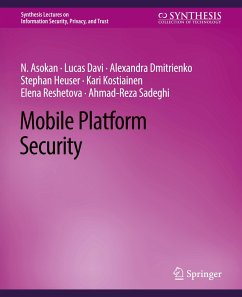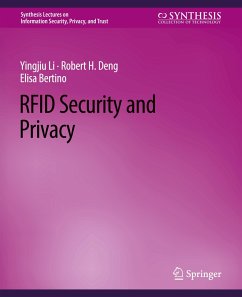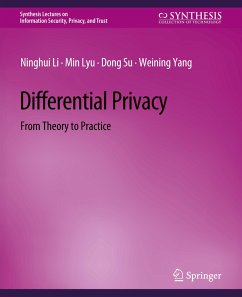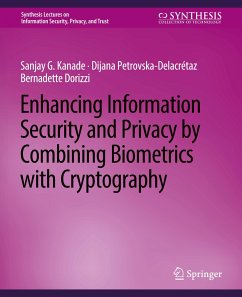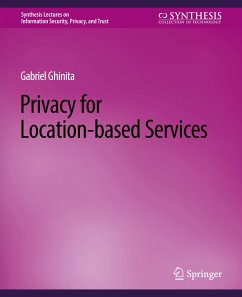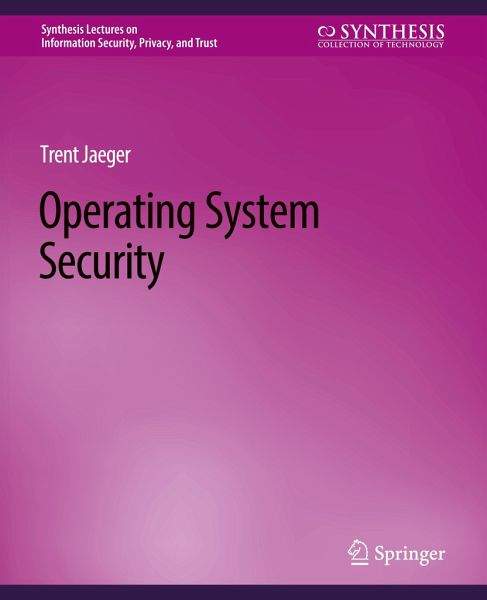
Operating System Security

PAYBACK Punkte
0 °P sammeln!
Operating systems provide the fundamental mechanisms for securing computer processing. Since the 1960s, operating systems designers have explored how to build "secure" operating systems - operating systems whose mechanisms protect the system against a motivated adversary. Recently, the importance of ensuring such security has become a mainstream issue for all operating systems. In this book, we examine past research that outlines the requirements for a secure operating system and research that implements example systems that aim for such requirements. For system designs that aimed to satisfy t...
Operating systems provide the fundamental mechanisms for securing computer processing. Since the 1960s, operating systems designers have explored how to build "secure" operating systems - operating systems whose mechanisms protect the system against a motivated adversary. Recently, the importance of ensuring such security has become a mainstream issue for all operating systems. In this book, we examine past research that outlines the requirements for a secure operating system and research that implements example systems that aim for such requirements. For system designs that aimed to satisfy these requirements, we see that the complexity of software systems often results in implementation challenges that we are still exploring to this day. However, if a system design does not aim for achieving the secure operating system requirements, then its security features fail to protect the system in a myriad of ways. We also study systems that have been retrofit with secure operating system features after an initial deployment. In all cases, the conflict between function on one hand and security on the other leads to difficult choices and the potential for unwise compromises. From this book, we hope that systems designers and implementors will learn the requirements for operating systems that effectively enforce security and will better understand how to manage the balance between function and security. Table of Contents: Introduction / Access Control Fundamentals / Multics / Security in Ordinary Operating Systems / Verifiable Security Goals / Security Kernels / Securing Commercial Operating Systems / Case Study: Solaris Trusted Extensions / Case Study: Building a Secure Operating System for Linux / Secure Capability Systems / Secure Virtual Machine Systems / System Assurance






